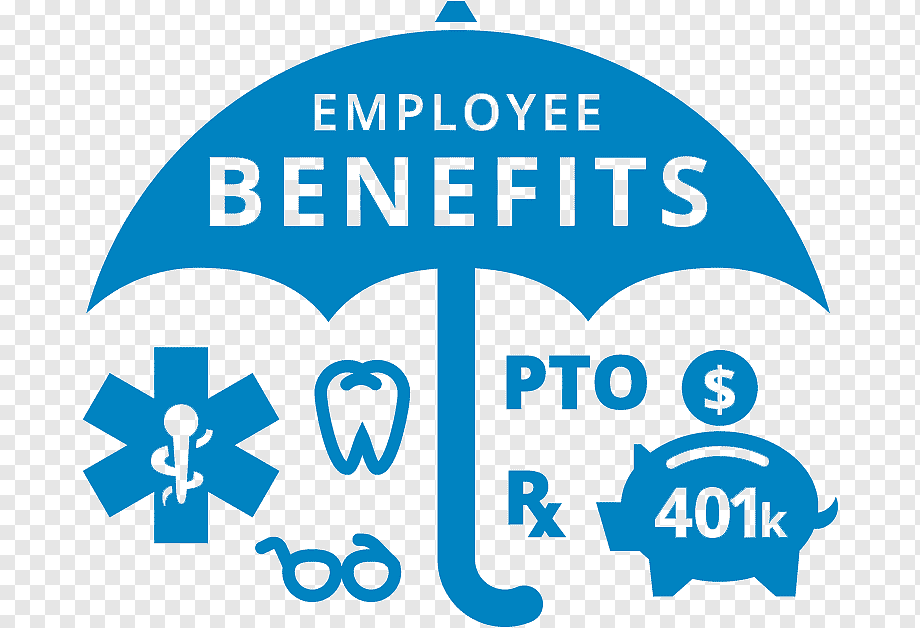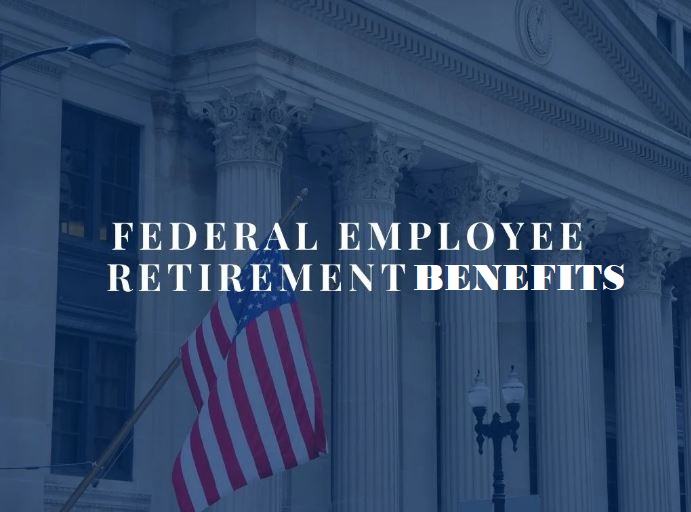Federal employee retirement benefits: Through the Federal Employees Retirement System (FERS) or the Civil Service Retirement System, federal employees in the United States can receive retirement benefits (CSRS).
When an employee reaches retirement age, benefits are provided by both systems; nevertheless, there are some significant distinctions between them.
Below for Federal employee retirement benefits
Retirement benefits for federal workers are an essential element of budgeting for people who’ve devoted their careers to in the Federal government.
In this thorough guide, we explore each and every aspect of these benefits, supplying the reader with a thorough knowledge of the benefits you will receive in planning the retirement of a Federal worker.
Understanding Federal Employee Retirement Benefits
Benefits for retirement of federal employees include different plans and programs created to offer the financial security needed during retirement. To assist you in understanding this complicated subject We’ve organized our guide into these sections:
Federal Employee Retirement Benefits Overview
In this article we’ll present a summary of the federal employee retirement benefits. We’ll touch on the main programs offered and the reasons why making plans for retirement is essential.
Eligibility Criteria
Before getting into the details of the various retirement plans it is essential to know the eligibility requirements for Federal employees’ retirement plans. We’ll explain who is eligible and under what circumstances.
Civil Service Retirement System (CSRS)
The CSRS is one of the two main retirement systems that are available to federal employees. Find out how it operates as well as its benefits and the difference between CSRS and other retirement plans.
Federal Employees Retirement System (FERS)
If you’re under FERS We’ll explain the most important aspects of the retirement system which includes how it calculates your annual annuity and what it provides in terms of security over the long term.
Thrift Savings Plan (TSP)
Find out the ins and cons of TSP the most important element of the federal retirement benefits for employees. We’ll discuss the contribution limitations, options for investing along with withdrawal methods.
Calculating Your Retirement Benefits
Knowing how retirement benefits are calculated is essential for efficient financial planning. We’ll explain the formulas and elements in play.
Social Security Integration
Federal employees typically get Social Security benefits in addition to retirement plans. Find out how these benefits interact and affect your financial situation.
Healthcare Benefits
Healthcare is an important problem in retirement. We’ll discuss the benefits of healthcare for federal retirees, which includes benefits under the Federal Employees Health Benefits (FEHB) program.
Survivor Benefits
In this article we’ll look at the benefits offered to survivors of federal employees and the ways they can offer financial security for your loved family members.
Early Retirement Options
Certain federal employees can decide to retire early. We’ll explore the possible conditions and consequences of taking early retirement before the typical retirement age.
Deferred Retirement
Learn more about the deferred retirement option and when they could be an appropriate option for federal employees who wish to extend the retirement benefit they receive.
Disability Retirement
If you’re dealing with an illness that limits your capacity to work, then disability retirement could be an alternative. We’ll discuss the eligibility requirements and application procedure.
Retirement Planning Tips
Get expert advice for planning effectively for Federal benefit for retirement of employees. We’ll offer strategies and insights to help you maximize the savings you can make in retirement.
Common Mistakes to Avoid
Avoiding common pitfalls is vital to ensure your financial security. We’ll discuss the errors to steer away of when it comes to the federal retirement system.
Tax Implications of Retirement
Taxes can have a major impact on the retirement income. We’ll explore the tax implications for retirees in the federal government and the best ways to minimize the tax burden.
Conclusion
Understanding the benefits of federal employee retirement is crucial for an enjoyable and secure retirement. If you follow the guidelines in this thorough guideline, you will be able make educated decisions and reap the benefits you can avail.
👉 You can read more articles like these on my website: employeebenefit.onl
federal employee retirement benefits:FAQs
What are the benefits an employee receives after retirement?
The pension is equal to 50% of the emoluments or the average emoluments, whichever is greater. Current minimum pension is Rs. 9000 per month. The maximum monthly pension is equal to fifty percent of the highest salary in the Government of India (currently Rs. 1,250,000). Pension is payable until the date of death, inclusive.
Is federal retirement good?
And economic recessions have no effect on the pension payments. This is one of the numerous reasons why the FERS is considered one of the best retirement packages available. In addition to the advantages of the pension plan, it is also possible to collect Social Security and income from a thrift savings plan.
What are the two types of federal retirement?
There are four categories of retirement under the Federal Employees Retirement System (FERS): voluntary, early, postponed, and disability.
What is the Thrift Savings Plan (TSP), and how does it factor into my retirement?
The Thrift Savings Program (TSP) is an essential element of Federal employee benefits for retirement. It’s an e-retirement savings plan that allows individuals to fund their your retirement by investing in diverse money sources. Government also matches contributions, which makes it a great instrument to build your retirement savings.
Can I retire early as a federal employee?
Yes, you are able to retire earlier, but it is subject to specific rules as well as potential cuts in the retirement benefits you receive. Knowing the consequences of premature retirement are vital before you make this choice.
How are federal retirement benefits taxed?
Federal pension benefits fall under federal taxation and in certain cases states are taxed too. However, certain parts of your retirement benefits could be tax-free, based on your situation. It’s important to think about tax consequences in your retirement plan.
Can federal retirees receive Social Security benefits?
Federal employees who paid towards Social Security during their careers might be eligible to receive Social Security benefits in addition to retirement benefits from the federal government. Understanding the interplay of the two streams of income is vital to retirement planning.
Are survivor benefits available for my family?
Yes Federal retirement plans typically offer survivor benefits, which ensures that your spouse and eligible family members will receive some of your retirement funds following your death. It’s crucial to name beneficiaries and be aware of the options to protect your loved relatives.
How can I track my retirement benefits and make changes to my plan?
The Office of Personnel Management (OPM) offers tools and resources that allow federal employees to monitor their retirement benefits as well as change their retirement plans. These tools can assist you to stay well-informed and make educated decisions regarding your retirement.
People Also Searches federal employee retirement benefits
| Federal employee retirement benefits calculator | See full list on opm.gov |
| federal government retirement calculator | government retirement benefits website |
| do federal employees get a pension and social security | how to retire from the federal government |
| Federal employee retirement benefits for state government | retirement planners for federal employees |
| federal government retirement pay | retirement planning for federal employees |
| federal employee retirement system | federal government retirement advisors |
| Federal employee retirement benefits | my federal retirement benefits |

